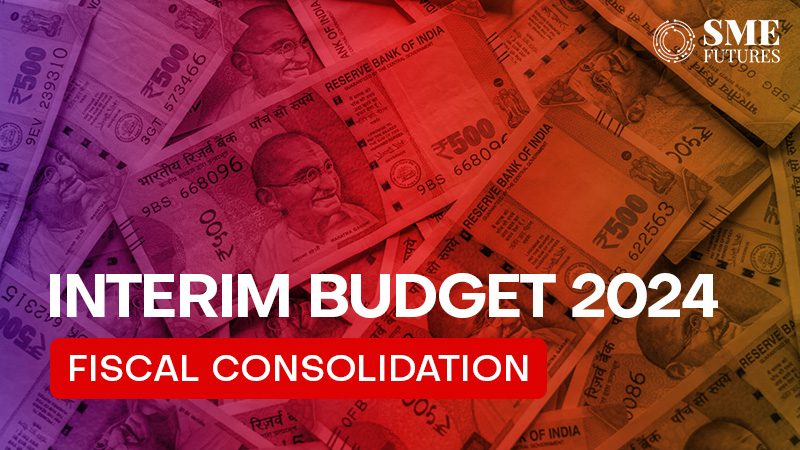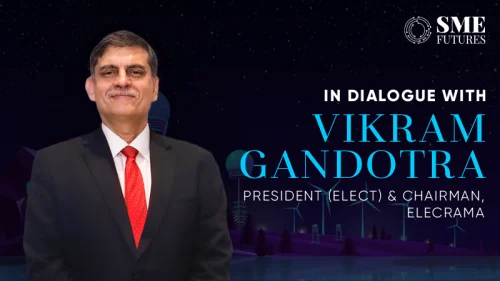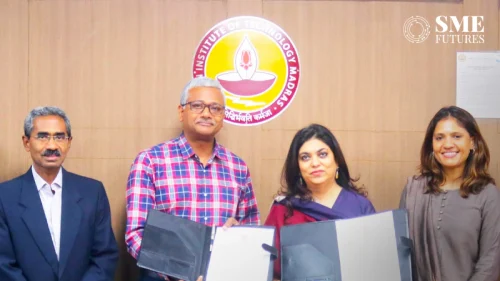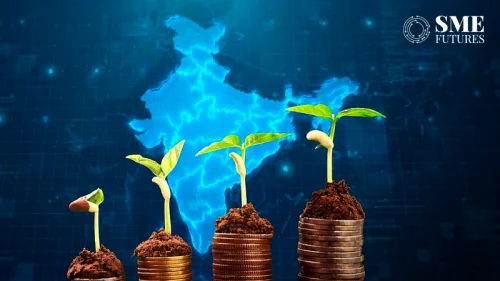The FY2025 interim budget could additionally include few populist measures, while targeting slower capex growth, sharper-than-usual fiscal consolidation and keeping borrowings in check, a report said.”While we assume a higher allocation for PM-KISAN (Rs 8,000 per eligible farmer versus Rs 6,000 currently), the government could additionally allocate Rs 600-700 bn by budgeting higher tax revenue growth and divestments. However, consolidation needs will restrict space for large populist measures,” the report by Kotak Institutional Equities said.
Over the medium term, the Central government has to aim for a sharp fiscal consolidation, while improving spending quality amid large committed expenditures, it added.
“It might be tempting to put fiscal consolidation on the back burner, given expansionary fiscal policies globally. However, India’s fiscal metrics remain adverse compared with other major economies. Debt sustainability is not a concern, but controlling debt/deficit would help restrict burgeoning interest payments and borrowings. Historically, fiscal consolidation has been led by high real GDP growth phases.”
Since the cut in corporate income tax rate in September 2019, there has been a continuous demand to reduce personal income tax rates as well. The new tax regime can be made more attractive by either increasing the exemption income limit, raising the income tax rebate under Section 87A or by reducing the highest surcharge rate, as per a report by Motilal Oswal Financial Services.
The upcoming general elections may lead to some populist schemes to be included in the Interim Budget 2024-25, it said.
It is widely known that the agricultural sector has been weak in the past few quarters. Therefore, any populist measures directed to the farm economy will be keenly watched. It may include the expansion of the PM KISAN scheme by as much as 50 per cent to Rs 9,000 per annum or increased benefits in the form of insurance scheme or higher MGNREGA allocation which is a demand-driven programme, the report said.
Some incentives to further boost the residential or commercial property market are also areas to watch out for, it noted.
Overall, India’s economic growth has been much better than anticipated in CY23/FY24, and thus, there is no major need to provide support to consumption or investment spending, it added.
However, the upcoming general elections may warrant some announcements for the farm economy and the lower income class.
“At the same time, although tax receipts have been higher than targets for the last three years, the fiscal deficit needs to be narrowed further (and considerably) to avoid any crowding out, as and when the corporate investments pick up. We, therefore, hope that the GoI targets fiscal deficit of 5.2 per cent of GDP in FY25, which will leave limited space to grow its spending,” it added.
Salaried individuals have not received any additional relief in the form of a standard deduction, as it has remained unchanged for all individuals, regardless of their income levels.
An amendment can be proposed for application of standard deduction as a percentage of an individual’s salary income, ensuring fair and equal benefits for all employed individuals, Anand Rathi Advisors said in a pre-budget report.
An enhanced standard deduction would provide tax relief to individuals in the middle and lower-income groups who may not have access to various tax-saving investments and deductions which will reduce the tax burden on these segments of the population
Samir Bahl, CEO, Investment Banking, Anand Rathi Advisors Ltd, said: “As navigating the current economic landscape in India, we strongly believe that an increase in the standard deduction is imperative to alleviate the financial strain imposed by the rising cost of living. The steady inflation and other economic factors have significantly elevated our day-to-day expenses, making it challenging for many of us to make ends meet.
“By increasing the standard deduction, the government can provide much-needed relief to taxpayers.”
Atul Thakkar, Director, Investment Banking, Anand Rathi Advisors Ltd, said: “Standard deduction has remained largely stagnant from FY 2004-05 to FY 2022-23 leading to minimal savings in taxable income for salaried individuals. An increase in standard deductions will lead to increased spending and consumption which will indirectly increase GST revenue for the government. In our humble opinion, we propose that standard deduction should be considered as percentage of total income from salary.”
With the upcoming Union Budget for 2024-25 set to be an interim one for the purpose of a vote-on-account, major policy changes and announcements are unlikely, ICRA (NS:ICRA) said in a report.
However, the expansion in the government’s capex and the extent of fiscal consolidation would be scrutinised closely, given the implications for growth and G-sec yields, respectively.
ICRA expects the fiscal deficit target for FY2025 to be set at 5.3 per cent of GDP, midway through the expected print of 6 per cent for FY2024 and the medium-term target of sub-4.5 per cent by FY2026.











